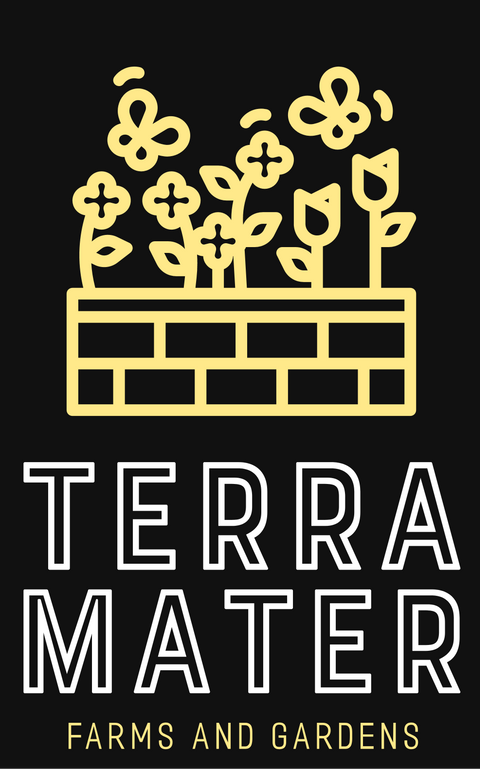Organic Wheat Seeds (Triticum aestivum) – 300+ Seeds for Grain Production, Cover Crops, and Animal Feed
Triticum aestivum
Minimum: 300+ seeds
Introducing Wheat (Triticum aestivum), the versatile and nutritious grain crop that has been a staple food for civilizations around the world for millennia. Whether grown for its golden kernels, ornamental value, or soil-improving properties, Wheat offers a multitude of benefits for gardeners, farmers, and homesteaders alike. With its tall, graceful stalks and abundant harvests, Wheat embodies the spirit of sustenance and abundance, making it an essential addition to any garden or farm.
Key Features:
-
Nutrient-Rich Grains: Wheat is prized for its nutrient-rich grains, which are packed with essential vitamins, minerals, and dietary fiber. From flour for baking to breakfast cereals and pasta, Wheat provides a versatile and nutritious staple that forms the foundation of many culinary traditions.
-
Ornamental Value: Beyond its practical uses, Wheat also possesses ornamental value, with its tall, slender stalks and graceful seed heads adding beauty and visual interest to garden landscapes and floral arrangements. Whether grown as a backdrop for flowers or as a standalone feature, Wheat adds a touch of rustic charm to any setting.
-
Soil Improvement: Wheat is a valuable cover crop that helps improve soil structure, suppress weeds, and prevent erosion. When planted as a green manure, Wheat's extensive root system helps break up compacted soil, increase organic matter, and promote soil health, making it an excellent choice for sustainable gardening and farming practices.
-
Easy to Grow: With its adaptability to a wide range of soil types and climates, Wheat is relatively easy to grow, making it accessible to gardeners and farmers of all experience levels. Whether sown directly in the ground or started indoors for transplanting, Wheat thrives with minimal care and attention.
-
Cultural Significance: Wheat holds cultural significance as one of the world's oldest cultivated crops, with a rich history spanning thousands of years. From ancient civilizations to modern-day societies, Wheat has played a central role in agriculture, commerce, and cuisine, symbolizing sustenance, prosperity, and abundance.
Specifications:
- Botanical Name: Triticum aestivum
- Plant Type: Annual grass
- Height: 2-4 feet
- Spread: 6-8 inches
- Growth Habit: Upright
- Sunlight: Full sun
- Soil Type: Well-drained, fertile soil
- Hardiness Zones: 2-10 (depending on variety)
Benefits:
-
Nutritional Value: Wheat grains are a rich source of carbohydrates, protein, fiber, vitamins (including B vitamins), and minerals (such as iron, magnesium, and zinc), making them an essential component of a balanced diet.
-
Ornamental Appeal: The graceful form and golden color of Wheat stalks make them a visually striking addition to garden landscapes and floral arrangements, adding texture, height, and visual interest to any setting.
-
Soil Health: Wheat's extensive root system helps improve soil structure, increase organic matter, and enhance soil fertility, making it a valuable cover crop for improving soil health and sustainability in agricultural and garden settings.
-
Cultural Heritage: Wheat holds cultural and historical significance as one of the oldest cultivated crops, with a legacy that spans millennia and crosses continents. Its cultivation and consumption are deeply intertwined with human history, traditions, and culinary practices.
Sow the Seeds of Abundance with Wheat:
Whether grown for its nutritious grains, ornamental value, or soil-improving properties, Wheat (Triticum aestivum) offers a wealth of benefits for gardeners, farmers, and homesteaders alike. Embrace the timeless tradition of Wheat cultivation and experience the joy of growing this iconic crop in your own garden or farm. With its abundance of uses and cultural significance, Wheat truly embodies the spirit of sustenance and prosperity for generations to come.




